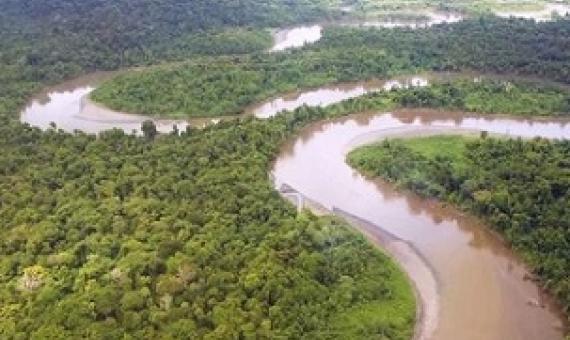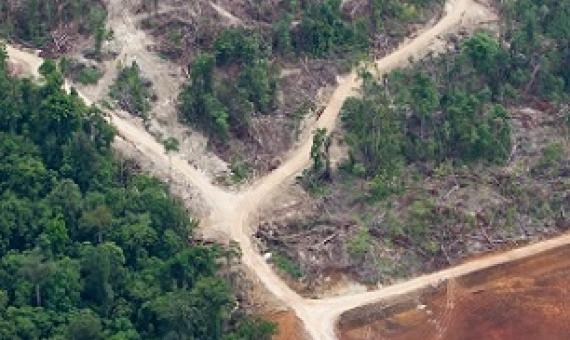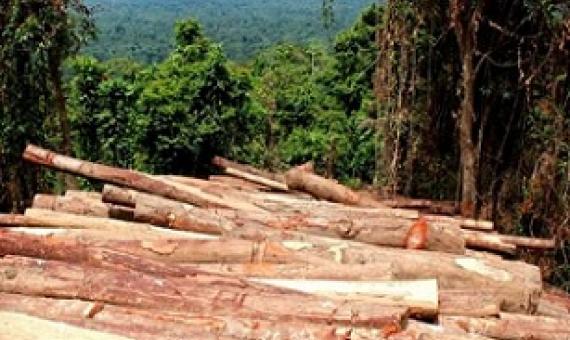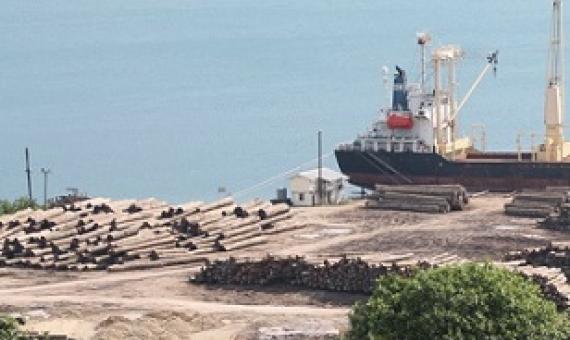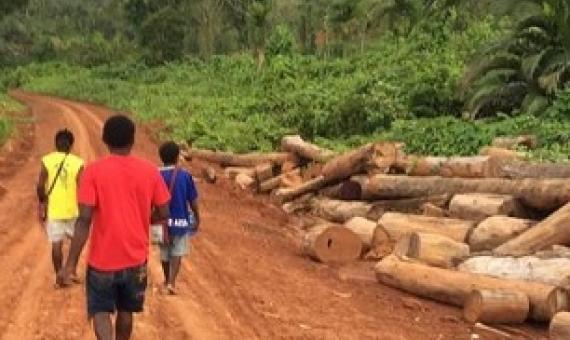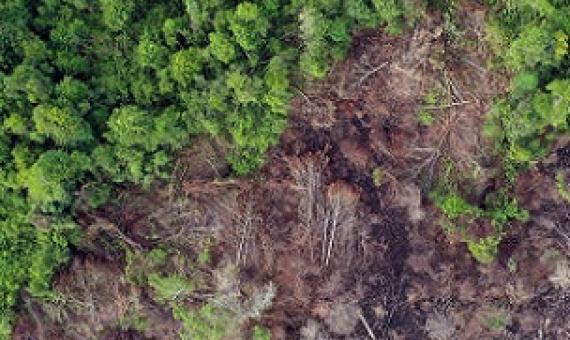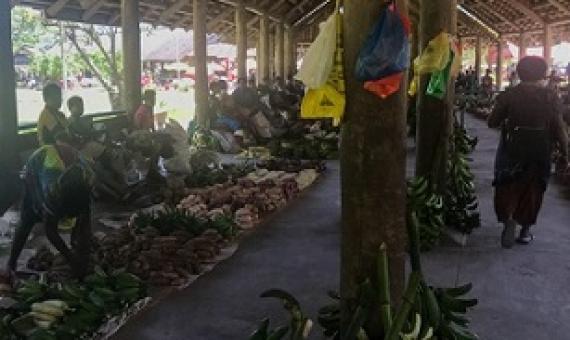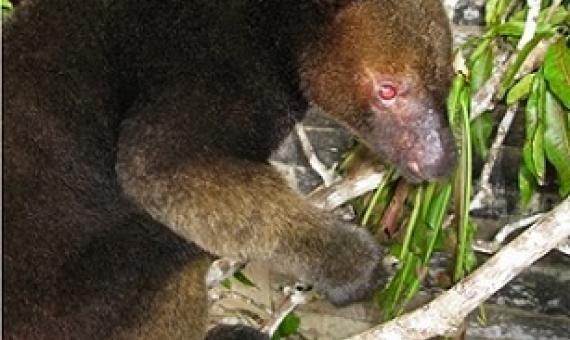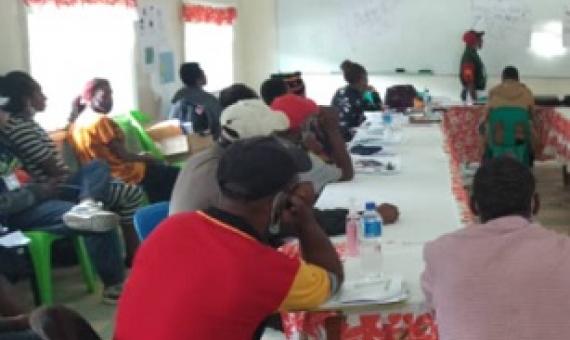2,638 people from 64 villages along the Sepik River in Papua New Guinea have taken action to stop a huge copper/gold mining project. The project is planned at the head waters of a vital waterway by PanAust, the Australian subsidiary of a Chinese Government owned company.
Gary Juffa, governor of Papua New Guinea’s Oro province, is one of the country’s most outspoken critics of the logging industry.
There are claims in Papua New Guinea that some of the country's banks are implicated in illegal logging and the human rights abuses that plague the sector. The NGOs Act Now and Jubilee Australia say if banks lend to loggers who are operating illegally, that would make them criminally complic
The global climate talks resulted in commitments on protecting rainforests by multilateral development banks and financial institutions in order to align their practices with goals in the Paris Agreement which aim to curb deforestation...It's a step in the right direction, according to the govern
Papua New Guinea has joined 124 other world countries, among them China and United States of America, who signed an agreement to ban logging entirely by 2030 at the Conference of the Parties (UNFCCC COP26) in Glasgow.
On November 2, 2021 at COP26 in Scotland, 127 countries signed the Glasgow Leaders’ Declaration on Forests and Land Use, which aims to end net forest loss by 2030. Those signatories account for about 90% of global tree cover and about 85% of the world’s primary tropical forests...
Recent satellite data has shown a marked increase in the loss of tree cover in Papua New Guinea’s East New Britain province. Many of the alerts were near new or existing logging roads, indicating that the forest loss may be due to timber harvesting.
A proposed conservation area in northwestern Papua New Guinea has experienced a substantial surge in deforestation-related alerts, according to satellite data from the University of Maryland.
Conservation and Environment Protection Authority (CEPA) and Protected Area Solutions hosted a four-day Management Effectiveness Tracking Tool training for landowners of the Mt. Wilhelm protected area recently. the Mt.
Human impacts and Anthropocene environmental change at Lake Kutubu, a Ramsar wetland in Papua New Guinea
The impacts of human-induced environmental change that characterize the Anthropocene are not felt equally across the globe. In the tropics, the potential for the sudden collapse of ecosystems in response to multiple interacting pressures has been of increasing concern in ecological and conservation research. The tropical ecosystems of Papua New Guinea are areas of diverse rainforest flora and fauna, inhabited by human populations that are equally diverse, both culturally and linguistically.

